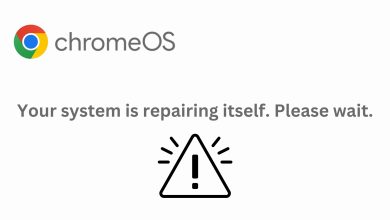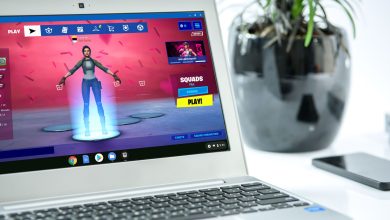What is the Difference Between A Chromebook and A Laptop
Chromebooks and traditional laptops are frequently compared by those searching for a new computer. Choosing the right device requires careful consideration, as both Chromebooks and Windows laptops may look similar but offer distinct advantages and disadvantages.
Chromebooks are often considered more affordable, faster, and more secure than conventional laptops, making them an excellent and portable choice for day-to-day tasks and general office work. In contrast, modern laptops offer greater processing power and can run a wide variety of business, productivity, and entertainment applications.
In this article, we will compare Chromebooks and laptops, highlighting their key differences and providing practical advice to help you make an informed decision.
What is a Chromebook?
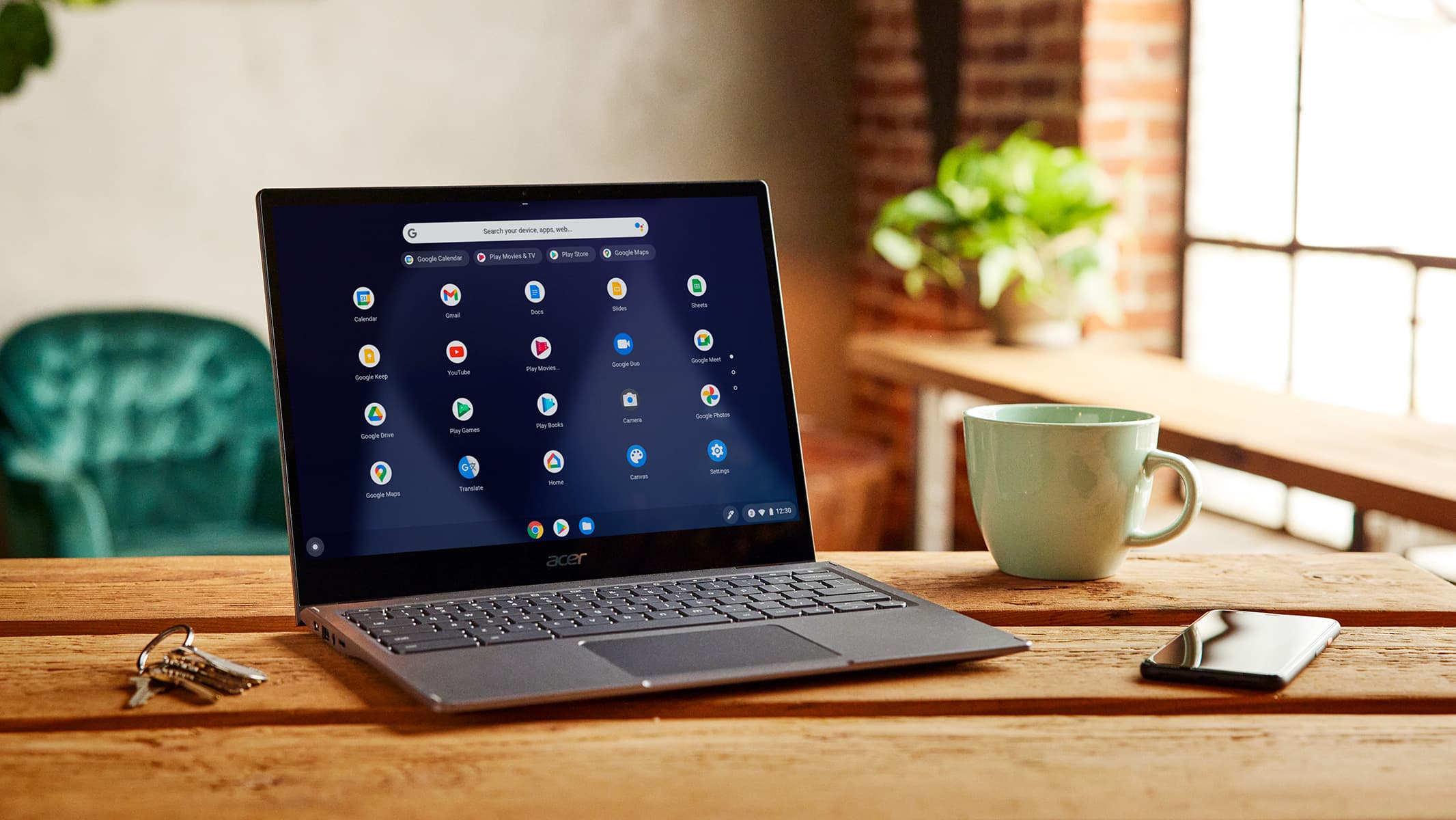
A Chromebook is a type of laptop that runs the Linux-based Chrome OS operating system, developed by Google. Chromebooks were initially designed for online use, with most functions performed via the cloud. Today, thanks to continual updates, Chromebooks now support offline functionality as well.
Chromebooks are lightweight, similar to Ultrabooks, and do not require powerful hardware or ample memory. Instead, they depend heavily on internet connectivity and Google’s suite of web-based apps and services. Essentially, a Chromebook is a cost-effective laptop powered by Google’s Chrome OS, offering a streamlined alternative to Microsoft Windows or Mac OS devices.
What is a Laptop?
A laptop is a smaller, highly portable personal computer that can match the performance of a desktop PC while offering enhanced mobility. It combines a keyboard, touchpad or trackpad, and sometimes a trackball within a compact, battery-powered design. Unlike Chromebooks, laptops typically run Windows or MacOS, and can also be configured to use Linux.
Laptops are fully capable of running all types of software found on desktop computers. However, similarly equipped laptops tend to be more expensive than their desktop counterparts. Designed for energy efficiency, they are powered via standard electrical outlets or rechargeable batteries (commonly Li-ion or Ni-MH batteries).
Differences Between a Chromebook and a Laptop
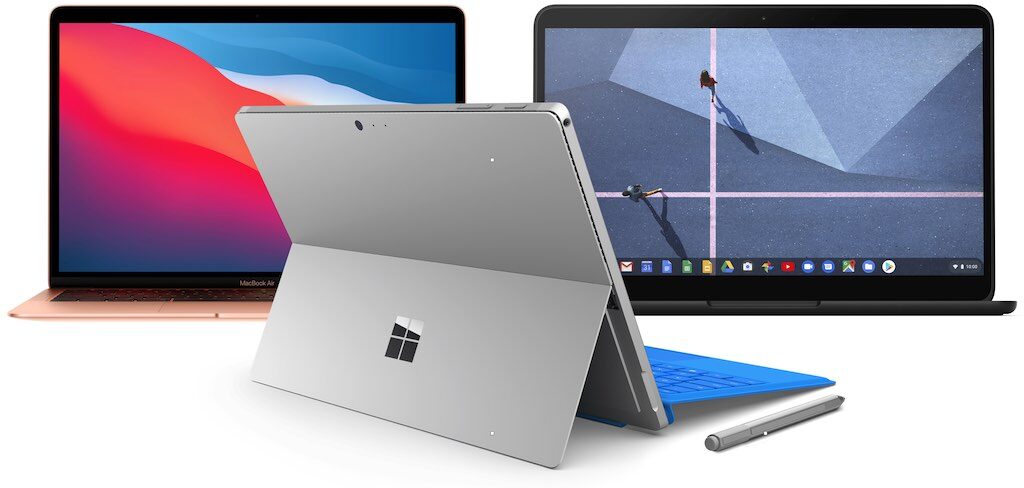
Below are the essential differences between Chromebooks and laptops, explained in detail:
Operating System
If you are familiar with the Chrome browser, you will find Chrome OS—the operating system for Chromebooks—intuitive and efficient. While earlier Chromebooks required an internet connection to use most apps, recent versions allow offline capabilities.
Since 2018, Chrome OS has supported Android apps, Linux software, and offline document editing, broadening what Chromebooks can accomplish without continuous internet access. Thanks to its lightweight nature, Chrome OS boots quickly, enabling instant productivity.
Conversely, laptops primarily use Windows or Mac OS, supporting a vast array of both online and offline applications. The latest Windows laptops and MacBooks exceed Chromebooks in terms of performance, making them the preferred choice for resource-intensive tasks that Chromebooks cannot handle.
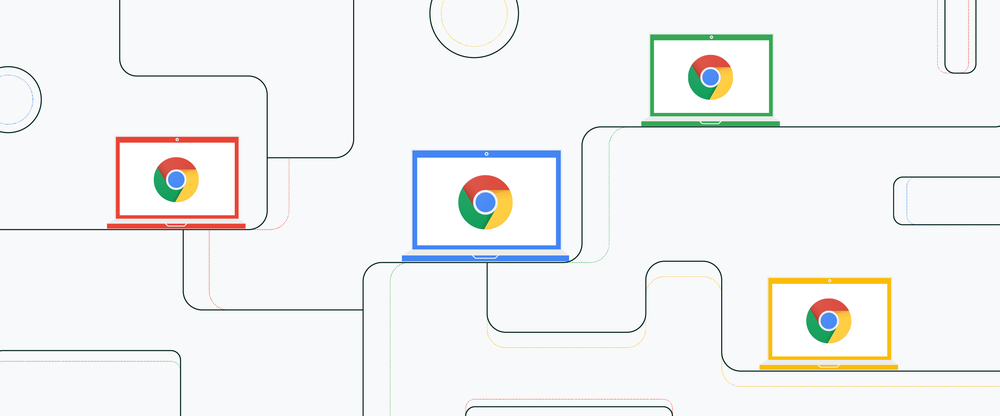
Pricing
Because Chromebooks use fewer components and less expensive hardware, they are generally more affordable (typically a few hundred dollars rather than thousands) and lightweight. This cost advantage has made Chromebooks especially popular among K-12 and university students, who rarely need powerful specs for their everyday work.
However, students in fields like design, film, or engineering—who require specialized software for video editing, CAD, or other intensive applications—will find Chromebooks unsuitable and generally opt for traditional laptops. Laptops are more expensive due to their larger storage, faster processors, and increased memory.
Most Chromebooks are priced between $300 and $600, with solid options averaging around $400. While cheaper or high-end models exist, the mid-range generally offers the most value. For a quality Windows laptop, expect to invest at least $700; a new MacBook Air typically starts at around $900. Both outperform even the top-tier Chromebooks in terms of capability.
Software Availability
Software compatibility represents another key distinction. Chromebooks and traditional laptops each offer vastly different app ecosystems due to their respective operating systems. Chromebooks simply cannot match the extensive software libraries supported by Windows and macOS.
It is essential to check whether the applications you need (such as Photoshop, AutoCAD, or Microsoft Office) are available for your intended device before making a purchase. Doing this research beforehand helps avoid disappointment caused by software incompatibility.
Portability
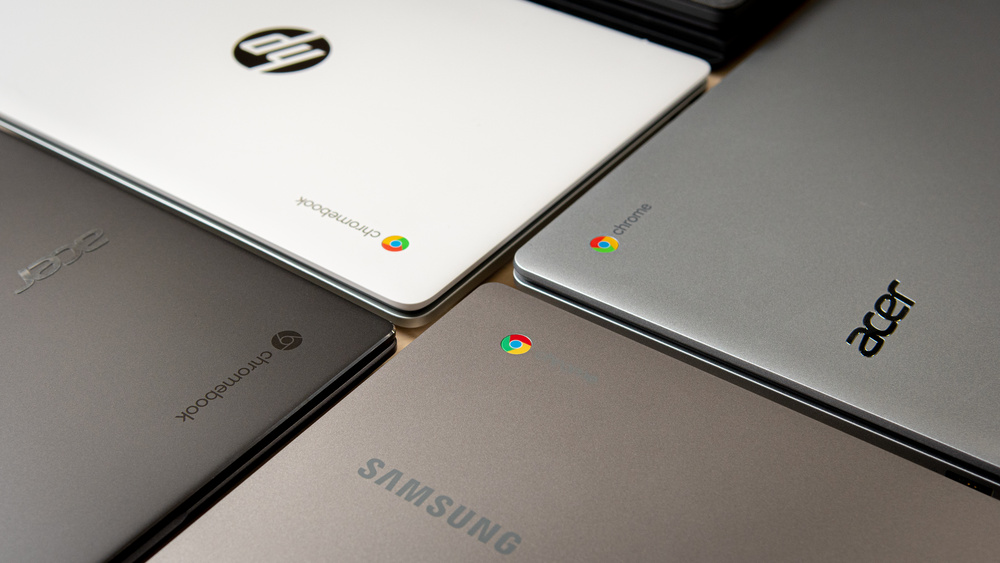
Chromebooks are exceptionally portable, thanks to their lightweight design and compact size. This makes them ideal for frequent travelers or those who commute long distances.
However, ultra-thin laptops such as the MacBook Air and Dell XPS 13 rival even the smallest Chromebooks in portability, while offering substantially more power. If you require high performance on the go, a modern laptop may be your best option.
Performance
When comparing performance, it is crucial to consider system specifications and intended workload. Chromebooks typically perform routine tasks very efficiently due to Chrome OS’s lightweight architecture, often outperforming Windows laptops and MacBooks with similar specifications in basic tasks.
However, Chromebooks cannot match the raw processing power or multitasking capabilities of high-end Windows laptops and MacBooks, which are configurable with advanced hardware to handle demanding applications. For users requiring superior computational performance, laptops offer greater flexibility and compatibility with sophisticated programs.
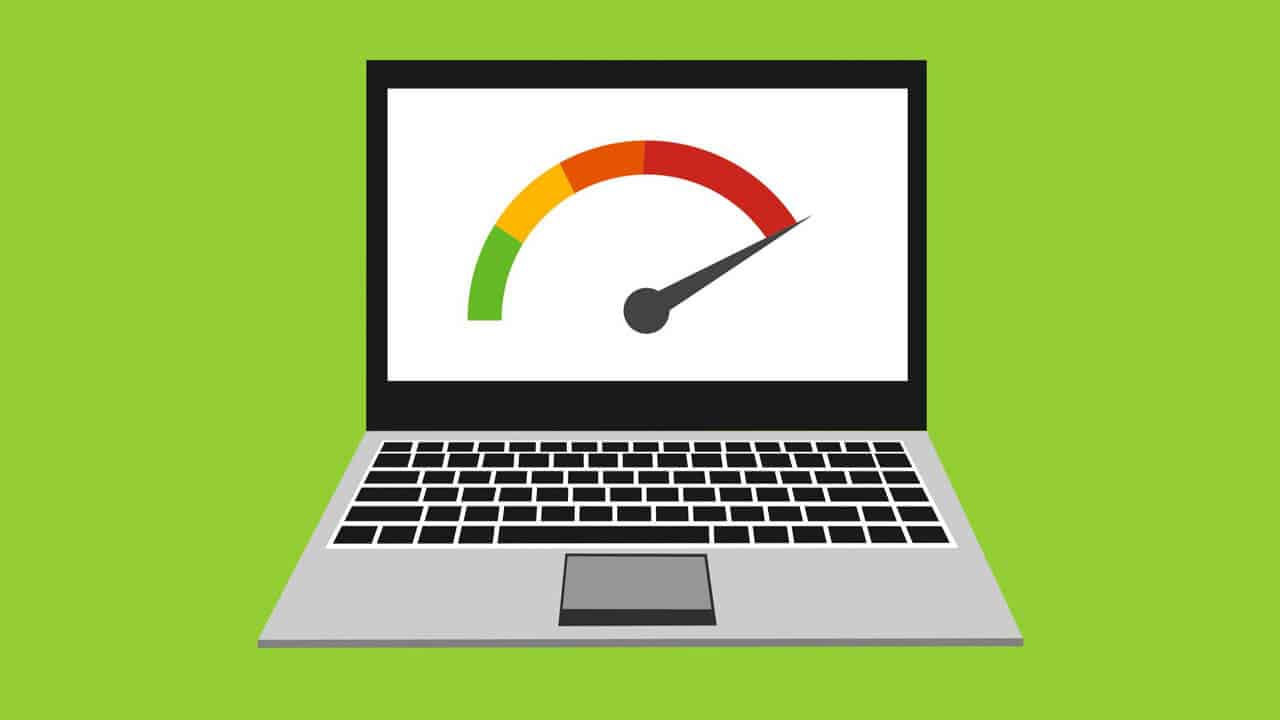
Storage Space
Chromebooks usually provide 16 to 64GB of local storage—much less than most laptops—because Chrome OS relies primarily on cloud storage (notably Google Drive) for file management. Most apps are web-based or progressive web apps and require minimal local resources.
Files including documents, images, and audio are usually saved in the cloud rather than on the device. This approach ensures your data remains safe and accessible even if the device is lost or stolen.
Most modern laptops include at least 256GB SSD storage, with some models offering up to one terabyte or more. Laptops allow you to store files locally and offer more flexibility, supporting cloud storage solutions like Google Drive, Dropbox, and OneDrive. This flexibility provides an advantage for users with extensive storage needs or who work offline frequently.
Security

Chromebooks offer excellent security, thanks to built-in antivirus protection and Chrome OS’s robust architecture. Google integrates essential safeguards including sandboxing, automatic updates, verified boot, and encryption. These features position Chromebooks as some of the most secure notebooks available.
Traditional laptops, especially those running Windows, are more susceptible to malware and cyber threats. For Windows machines, installing and routinely updating antivirus software is crucial. While MacBooks are generally more secure than Windows laptops—thanks to Apple’s closed ecosystem—they are not immune and still require proper security practices.
Battery Life and Portability
Depending on their configuration, both Chromebooks and laptops can offer impressive battery life. The best devices from each category typically last at least eight hours per charge, sometimes longer. However, there are important distinctions: Chromebooks generally deliver better battery life for the price.
Because Chrome OS is resource efficient, Chromebooks use energy-saving hardware and achieve exceptional longevity on a single charge. In contrast, Windows laptops require more powerful hardware for comparable performance, which can limit battery life due to less optimized software-hardware integration.
Among affordable devices, Chromebooks usually last between five and eight hours per charge. Standard Windows laptops often provide 3–6 hours of use.
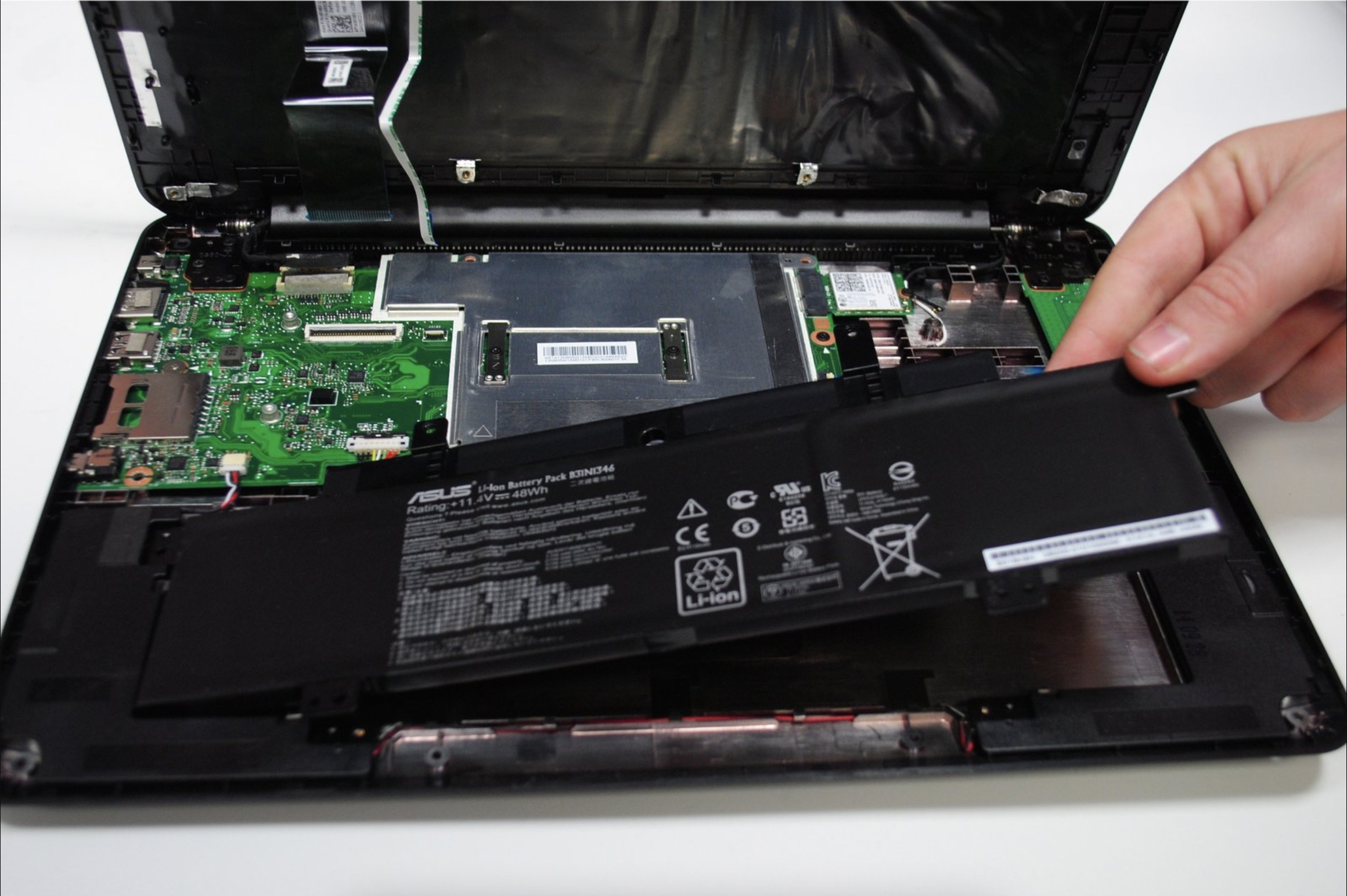
However, as you move into premium segments, some laptops catch up, featuring larger batteries with 80 to 99 watt-hours of capacity. Apple’s latest MacBook models, equipped with Apple Silicon, set new standards in battery efficiency, often lasting an entire workday on a single charge under moderate use.
Chromebooks are also generally slimmer and lighter than traditional laptops, contributing to easier mobility. This is partly due to less-intensive hardware and smaller average screen sizes. The typical Chromebook has an 11-inch display, while most MacBooks and Windows laptops start at around 13 inches, though larger options are available in both categories.

Pros and Cons of Laptops
If you are weighing your options, summarizing the key pros and cons of laptops may provide clarity.
Pros
- Extensive variety of options available on the market
- Competitive value at different price points
- Trusted, well-supported operating systems
- High-performance models with desktop-class hardware
- Typically superior input/output ports compared to Chromebooks
- Equally robust for offline tasks
- Often feature higher quality construction and better displays
Cons
- Operating systems may require a learning curve for newcomers
- Generally more expensive than Chromebooks
- May overheat and degrade battery faster due to higher power consumption
- Shorter battery life on many models
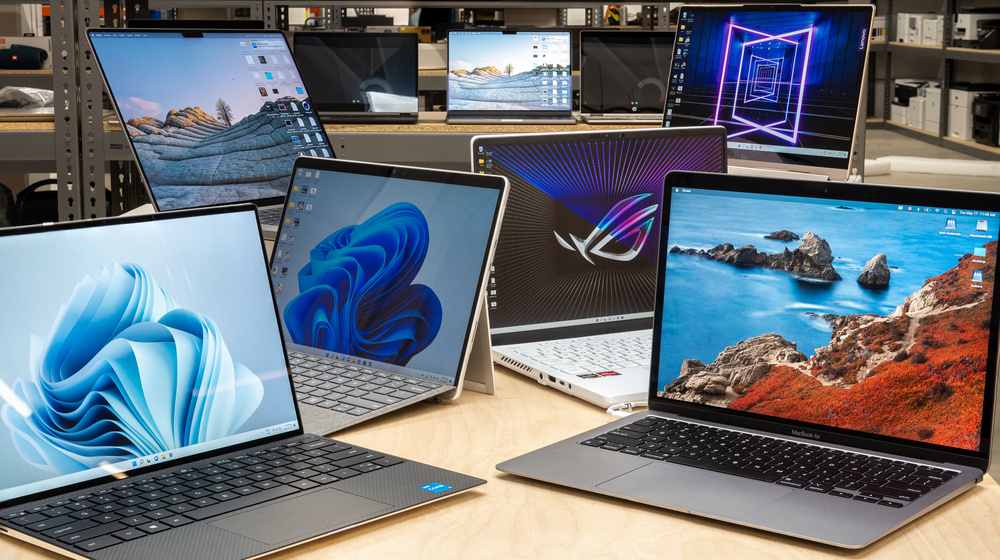
Pros and Cons of Chromebooks
If you are still undecided about Chromebooks, here are the main reasons why many people choose them—and some reasons others do not:
Pros
- Generally more budget-friendly
- Ideal for light business and school usage
- Simple and user-friendly operating system
- Advanced security features facilitate easy organization-wide deployment
- Fewer security vulnerabilities compared to Windows devices
- Fast boot-up times
- Support for native Android applications
- Lighter and more portable than most traditional laptops
Cons
- Limited processing power compared to traditional laptops
- Many applications require mobile or web versions instead of full desktop versions
- Limited functionality when offline
- Fewer model and configuration choices
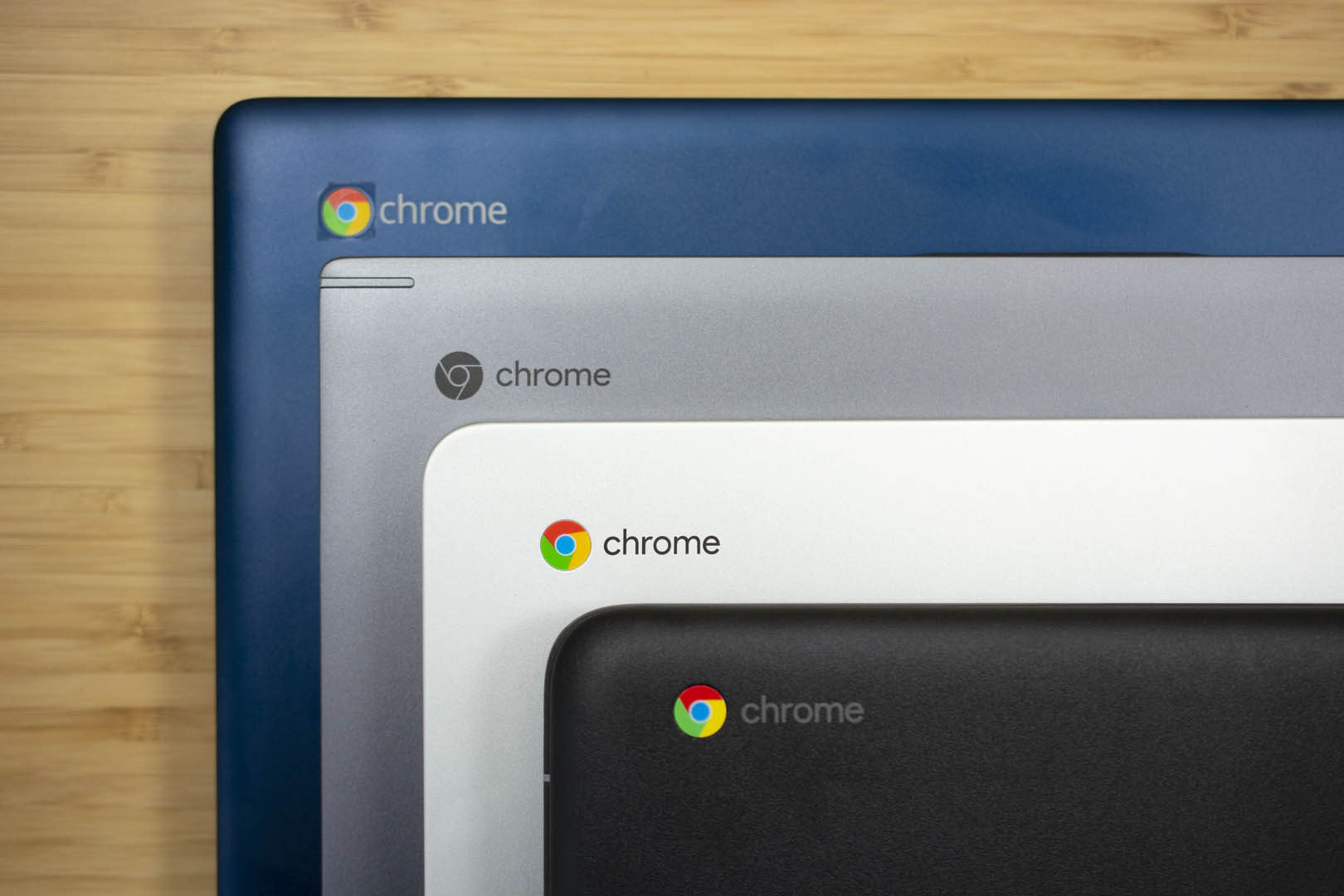
 Reviewed by
Reviewed by 


